Sport is determined by extreme motivation, intensity of trainings, performances and a high level of stress. Huge effort and the need to achieve perfection demands working close to the physiological boundaries. All mentioned increases the possibility of sport injury. In professional sport athletic injury is a common event. Experiences show, that athletic injures are one of the casting factors that determine success in sport. Researches show (Duda, Smart, Tape, 1989; Larson, Starkey in Zaichowski, 1996; Green, 1992; et al.), that psychological factors play an important role in the process of rehabilitation of inured athlete. To make this process more effective, we need to research not only specific rehabilitation of the injured part and general physiological rehabilitation but also psychological rehabilitation and identification of the factors that enable successful rehabilitation of injured athlete. In this research we will identify the factors that enable successful rehabilitation of injured athlete. We will form the first integrated model of sports rehabilitation in Slovenia. We intend to include around 100 competitive athletes (approximately separated on half by gender), that are being treated because of their injury in Orthopedic clinic in Ljubljana. The basic condition for their collaboration in this research will be the severity of the injury. The operative procedure will be at least arthroscopy or more challenging operative intervention (with the severity of the injury the frustration of an athlete rises as well). The procedures are going to be evaluated by severity by a group of doctors. Athletes are going to be examined two times. First time after the operation, and second time when their rehabilitation will be completed. We will try to identify the factors, that lead to successful rehabilitation and by the same time define successful rehabilitation on three levels: physiological level (by cooperation of doctors we will determine weather the injury has rehabilitated well, if the injured joint has rehabilitated and regenerated well), competition level (defined by the time, that an athlete returns to his prior levels of functioning) and psychological level (low anxiety, irritability, low emotional disturbances etc). We will construct a set of psychological tests measuring personality characteristics, locus of control, motivation, coping with injury, social support of family, friends and teammates, athletic identity and rehabilitation compliance.
BIOPSYCHOSOCIAL ASPECTS OF SUCCESSFUL REHABILITATION OF AN INJURED ATHLETE
- Code L5-2051-0587
- Date 01.05.2009 - 30.04.2012
- Funds provider ARRS
- Organisation UL, Faculty of sport
Abstract


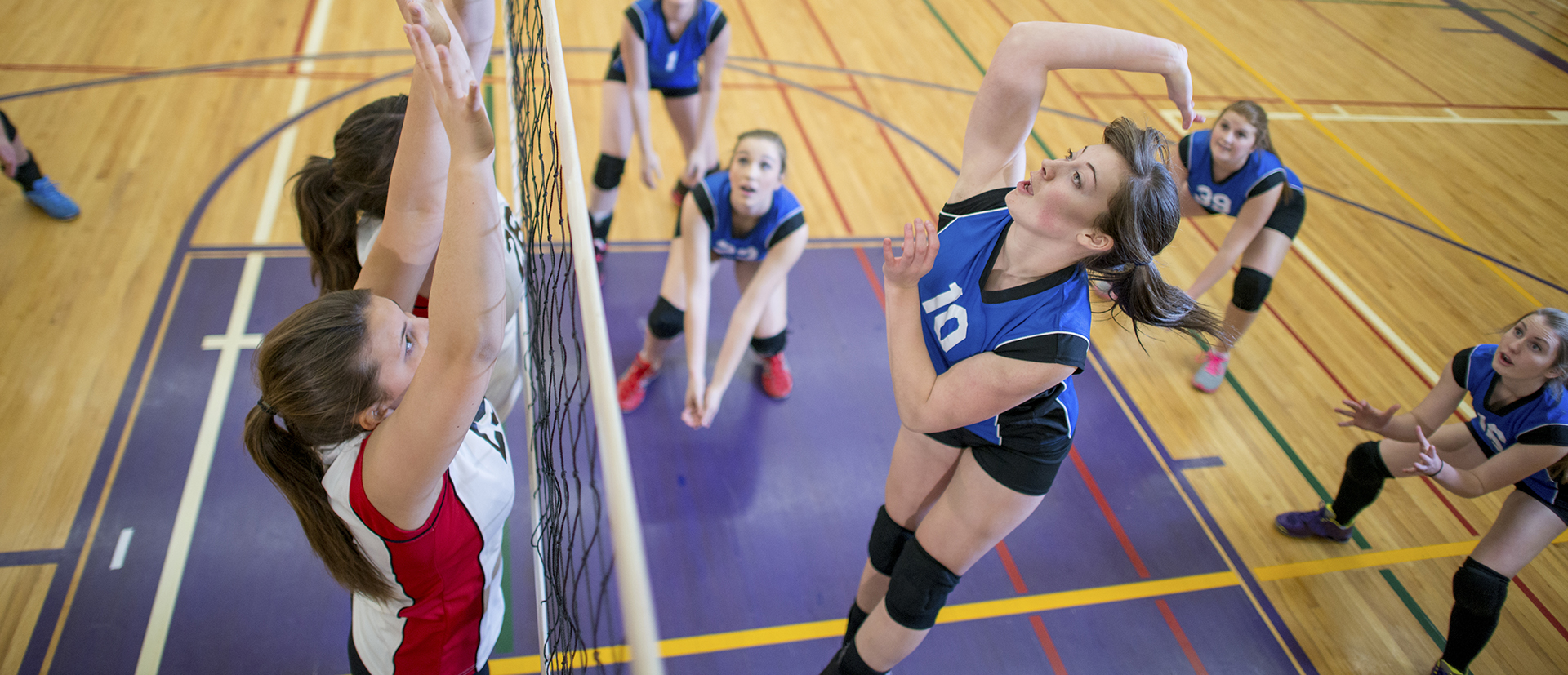
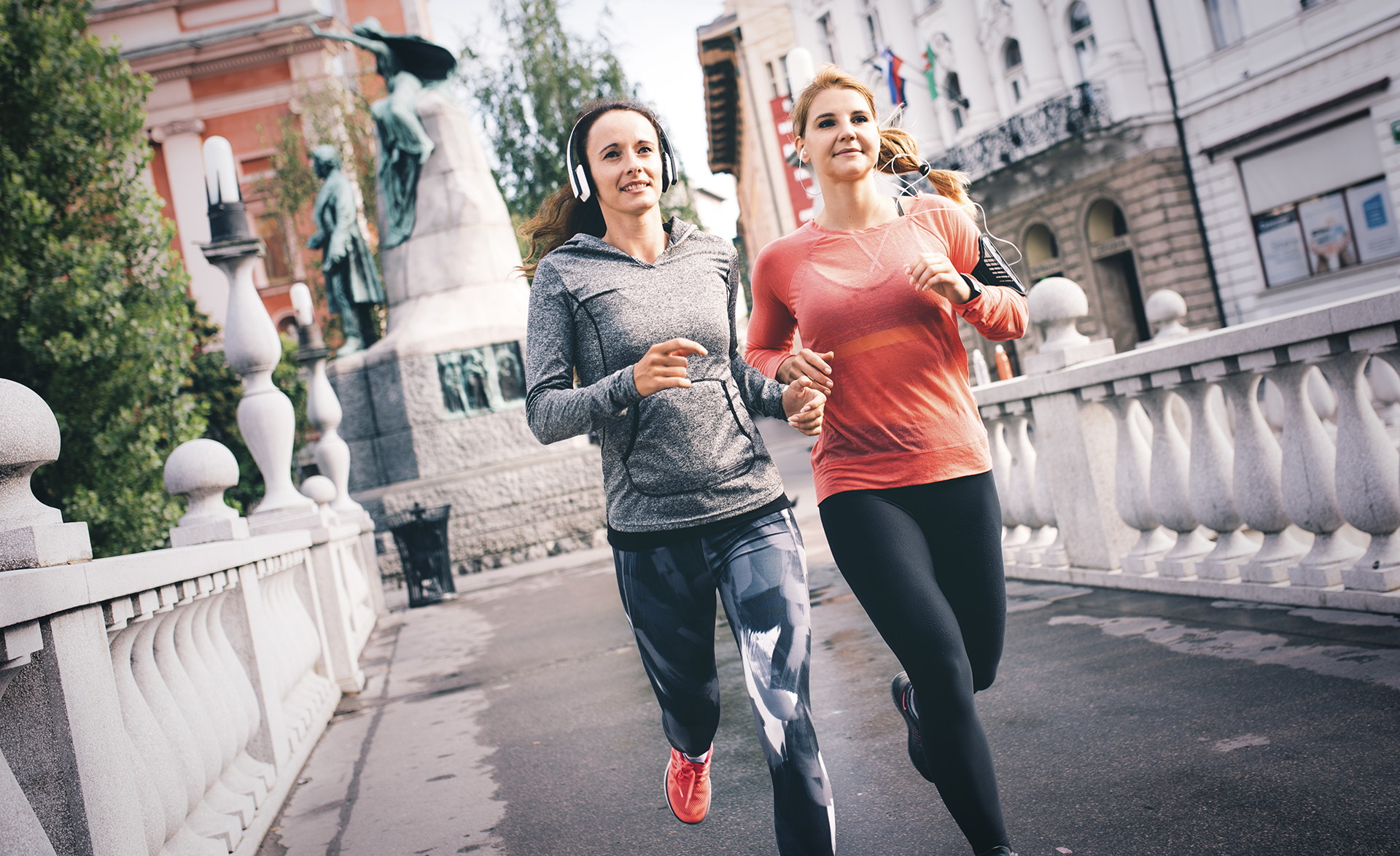


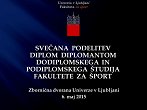


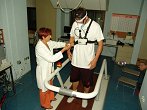


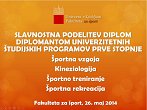
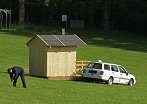
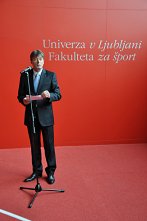




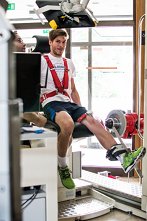



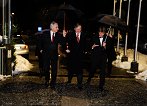








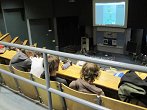


.png)